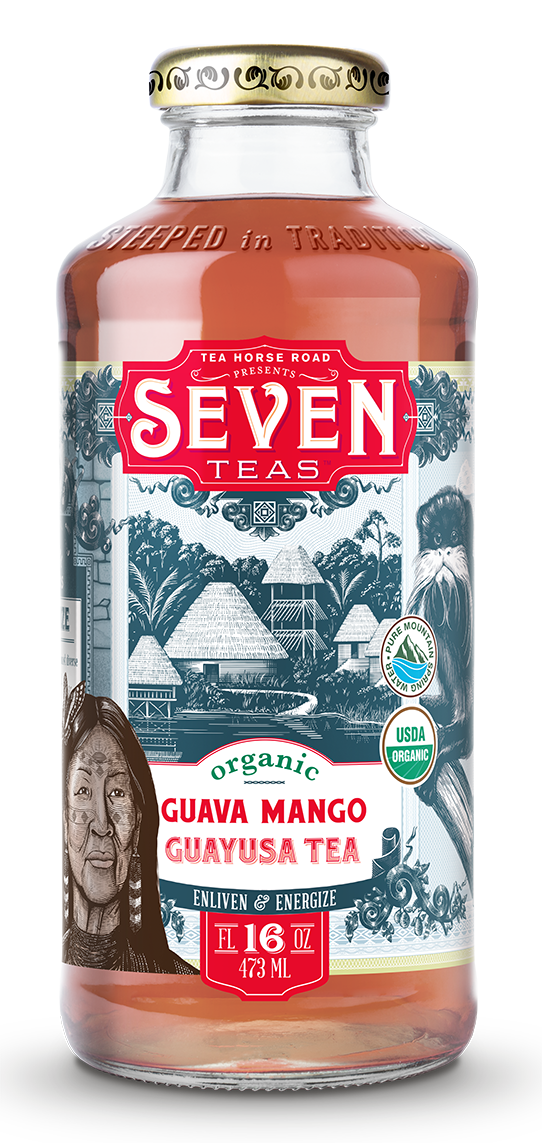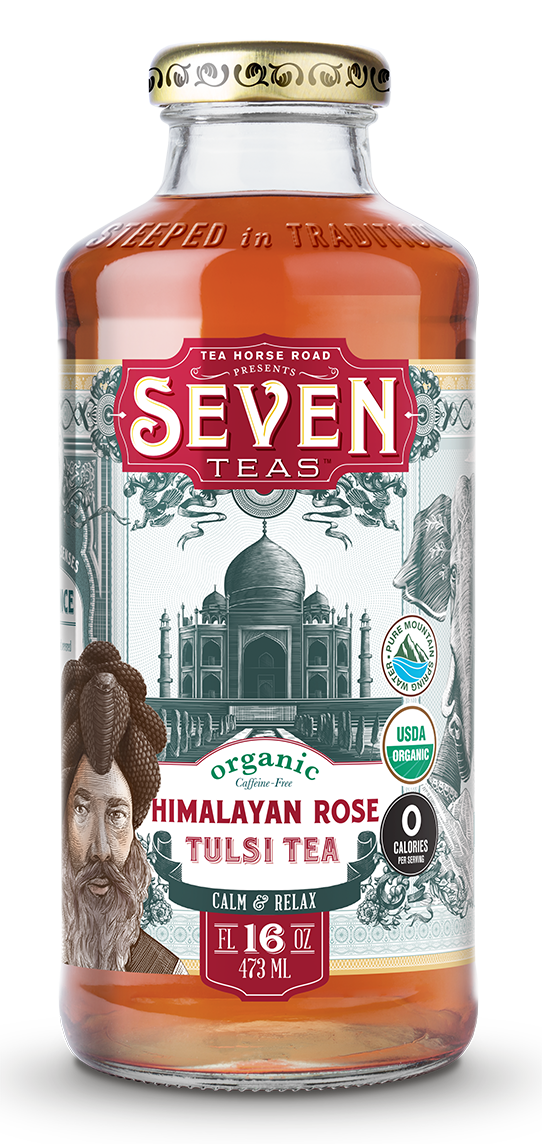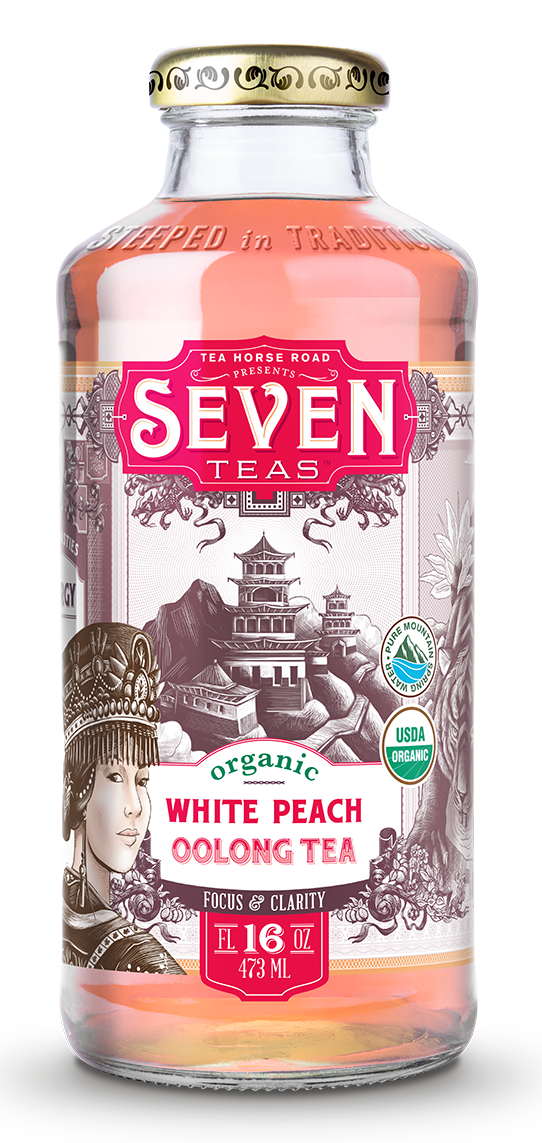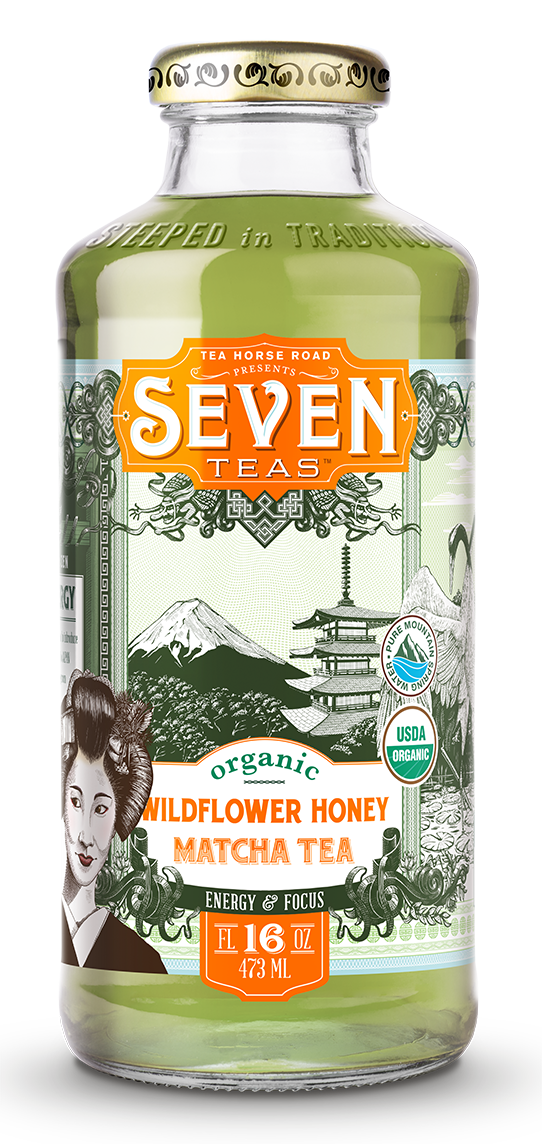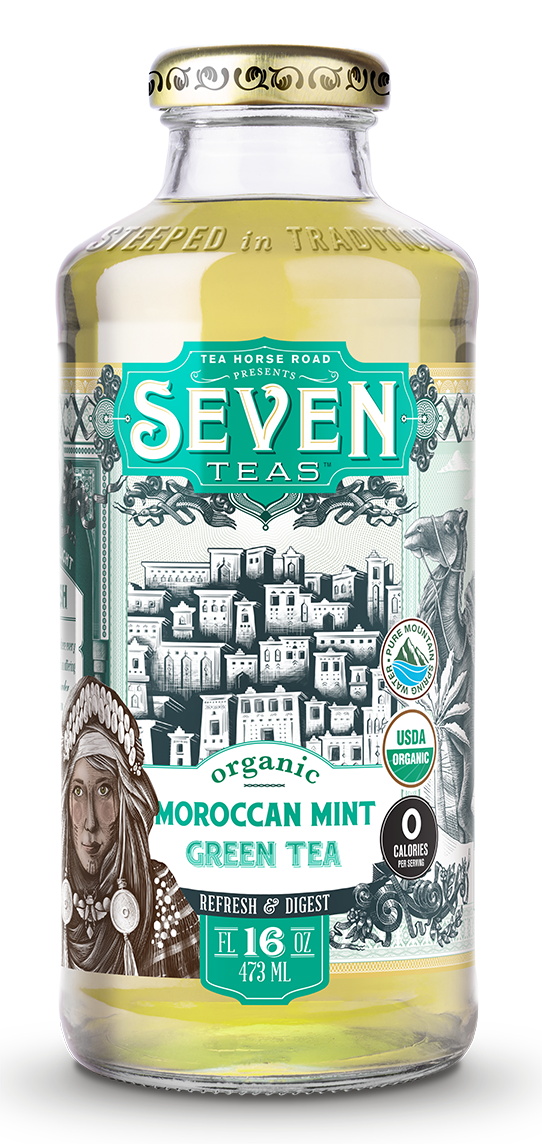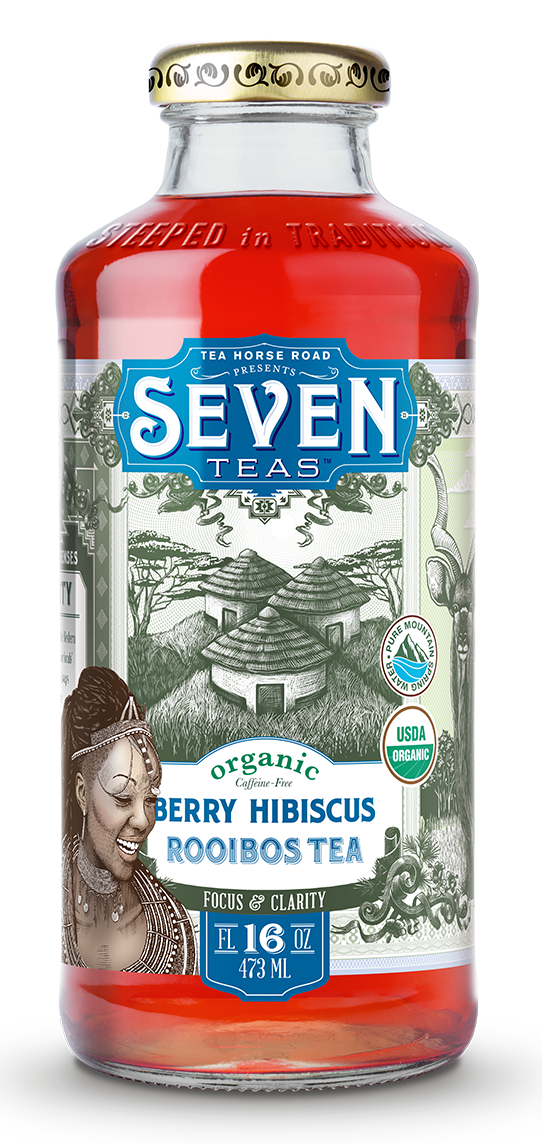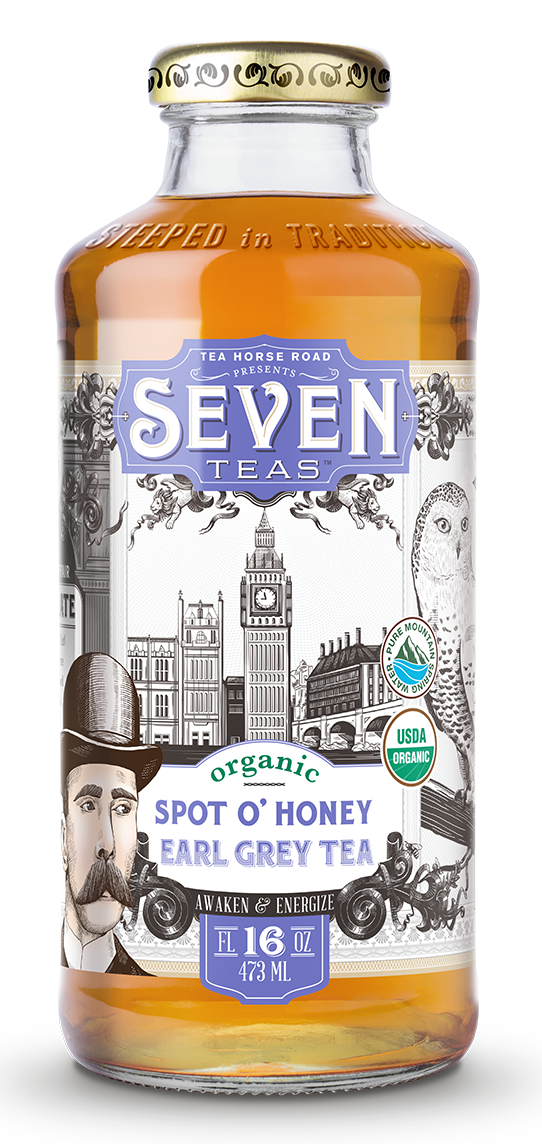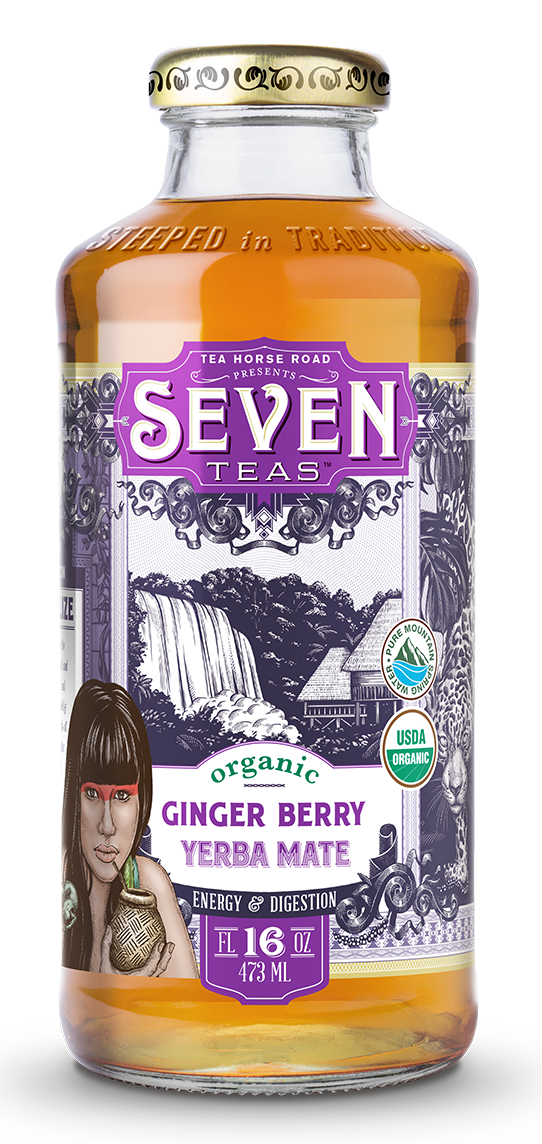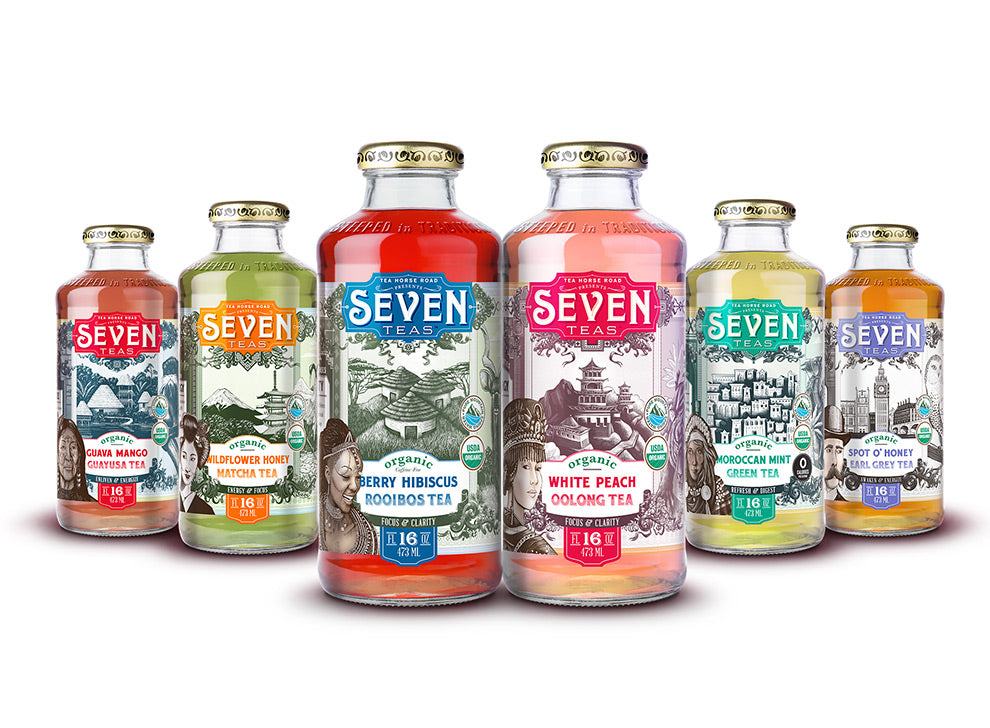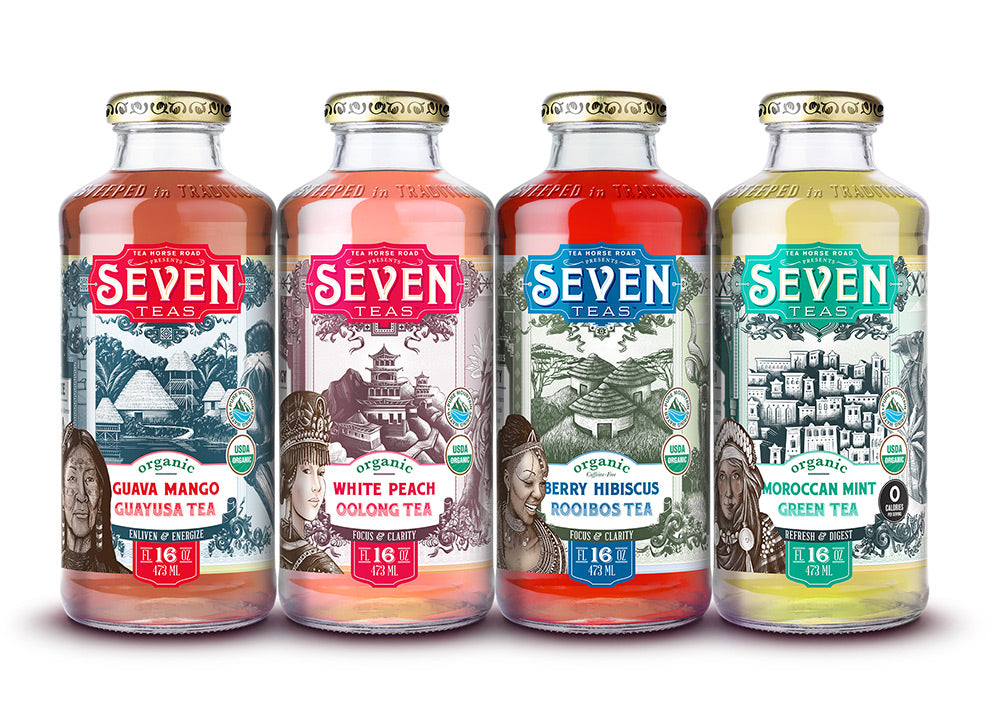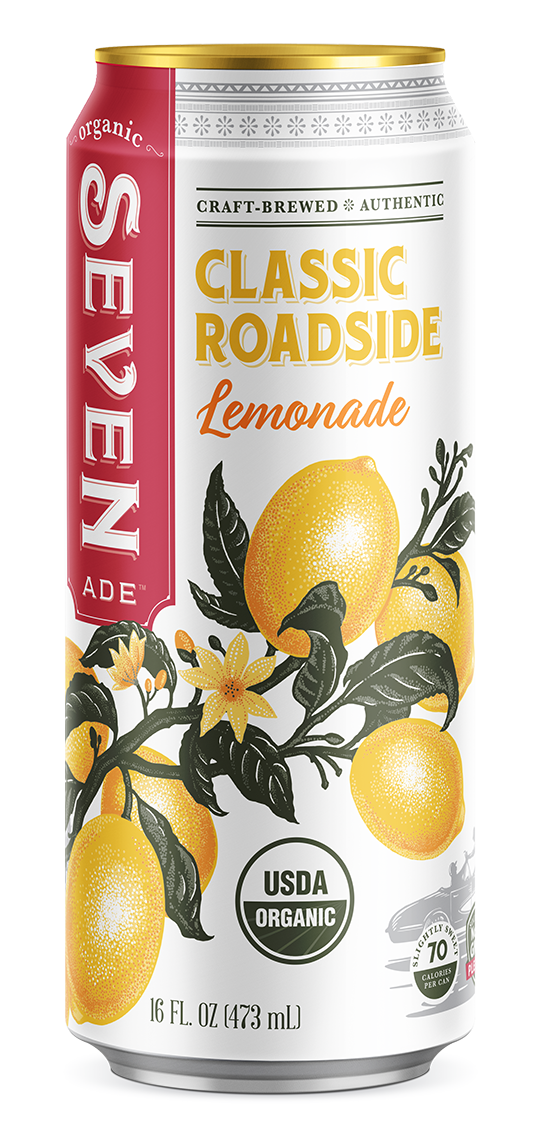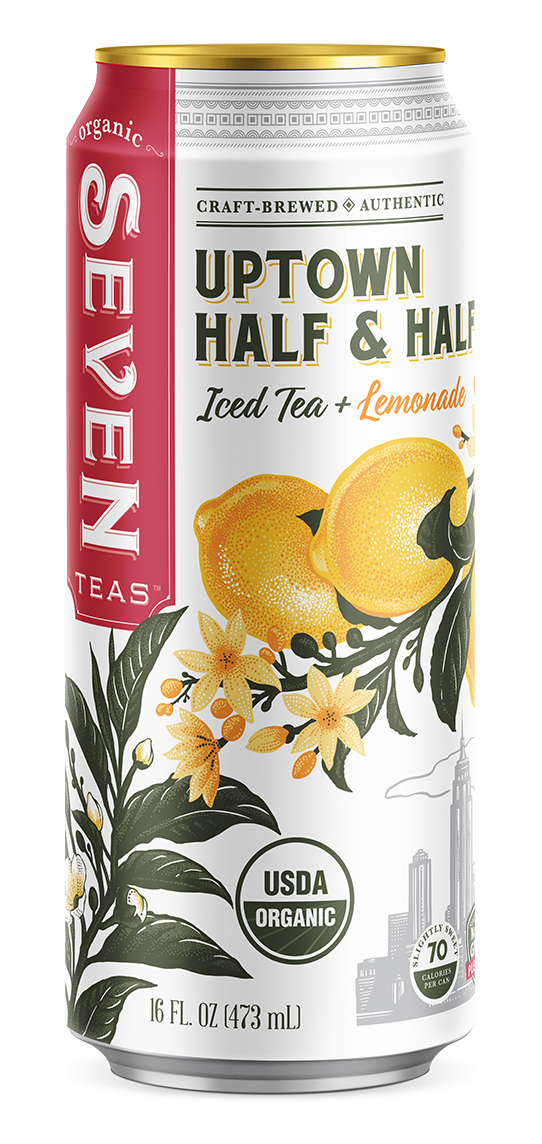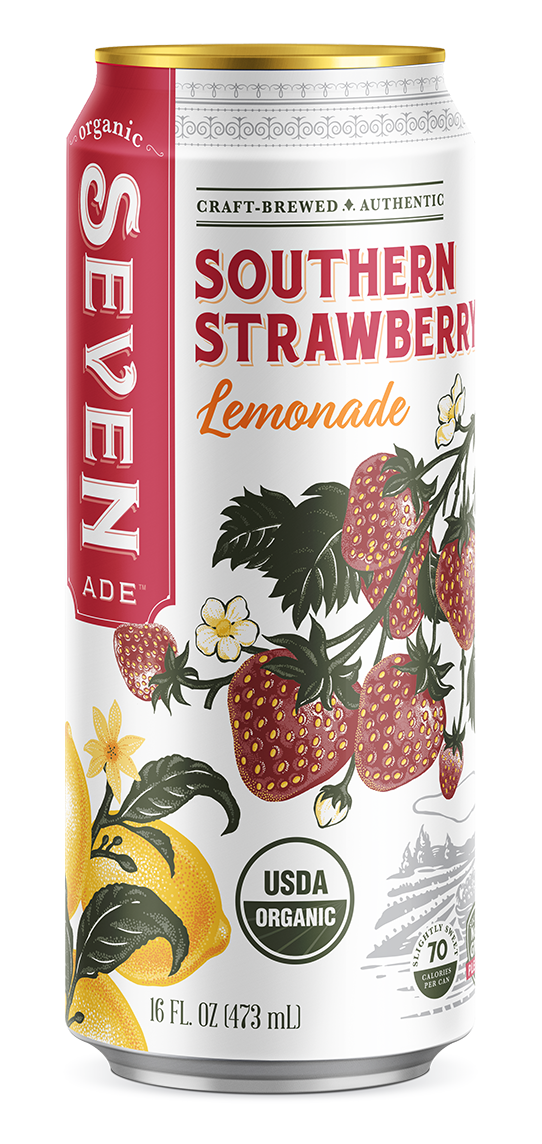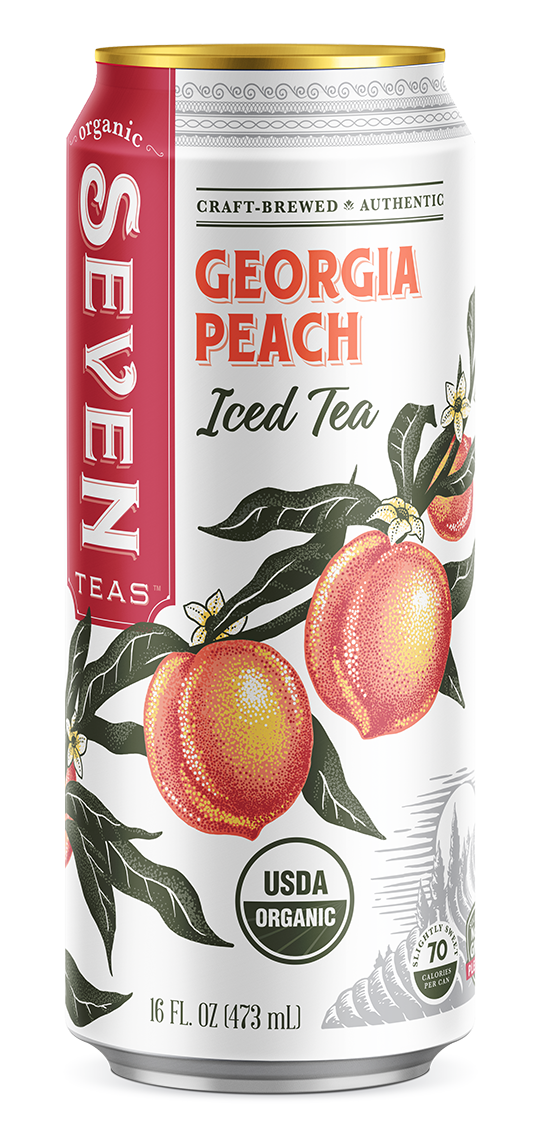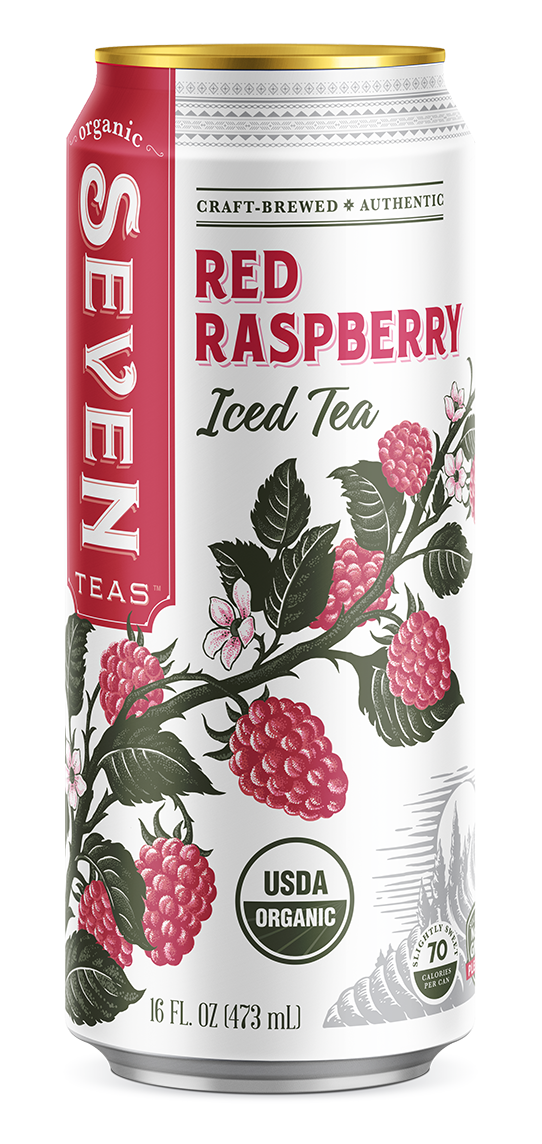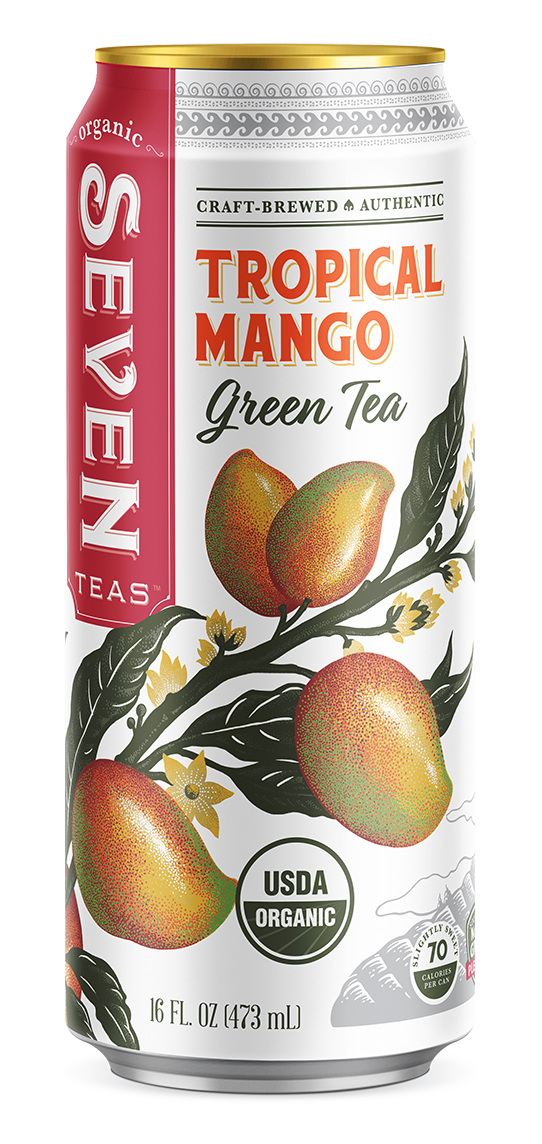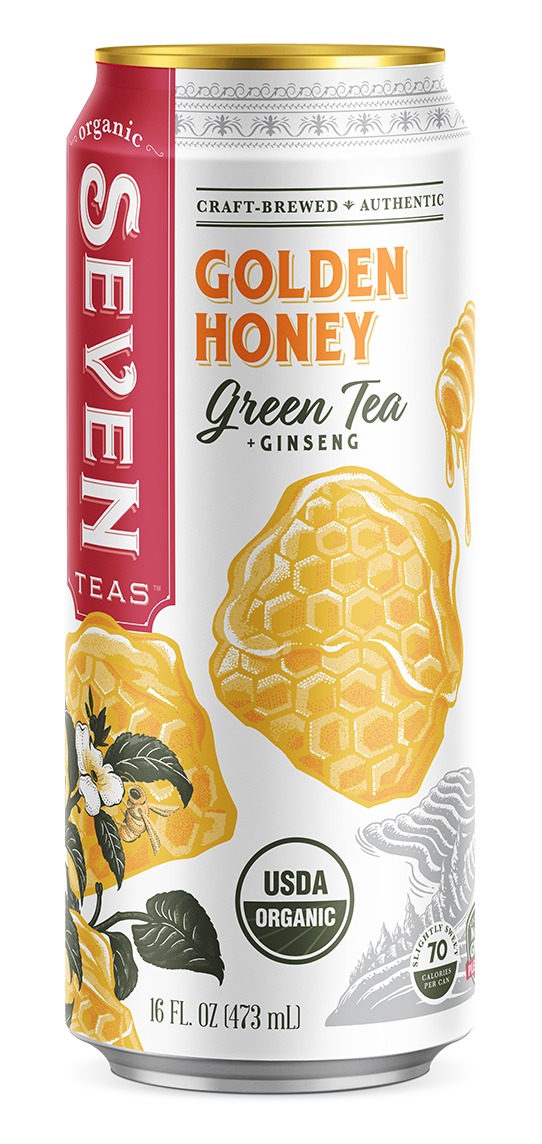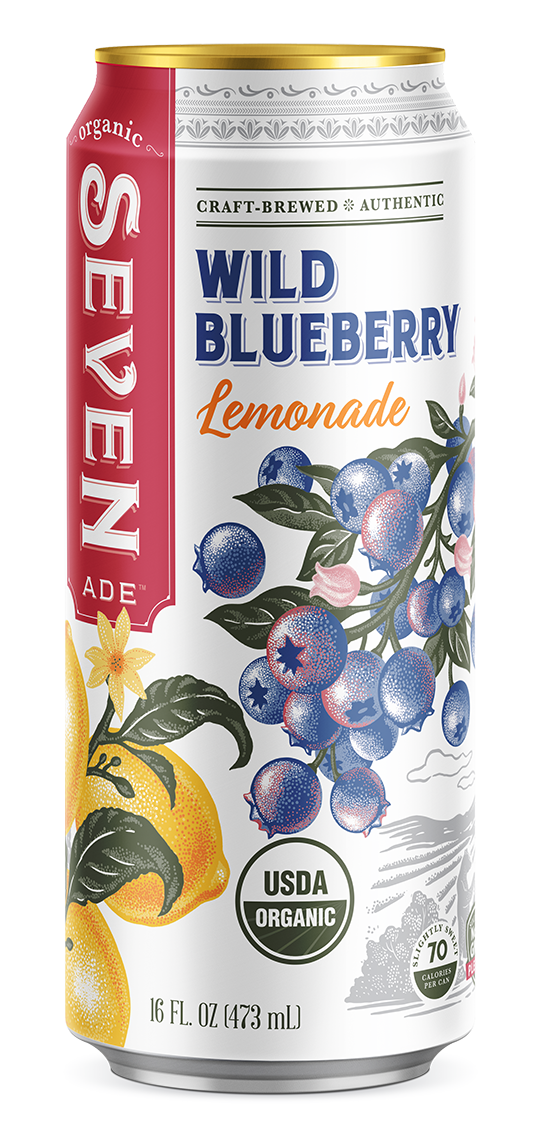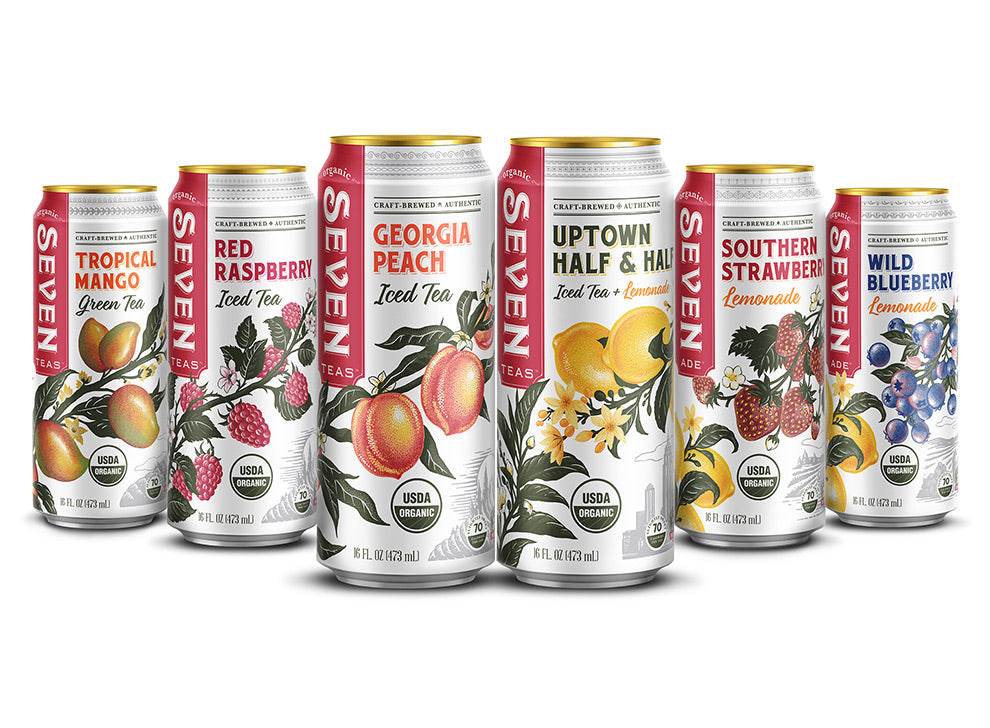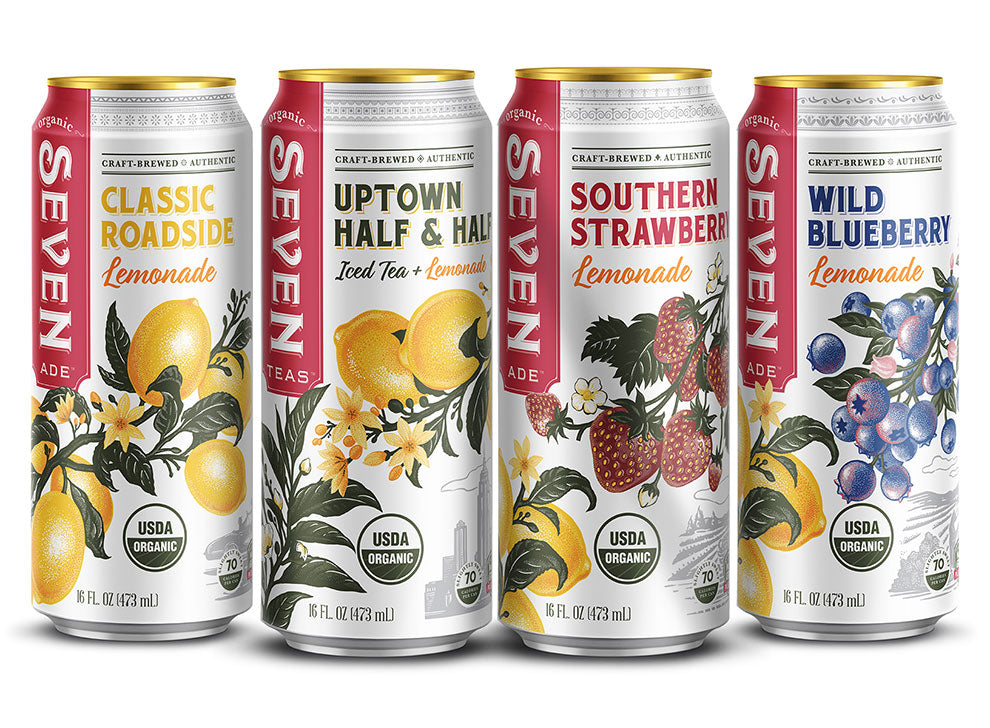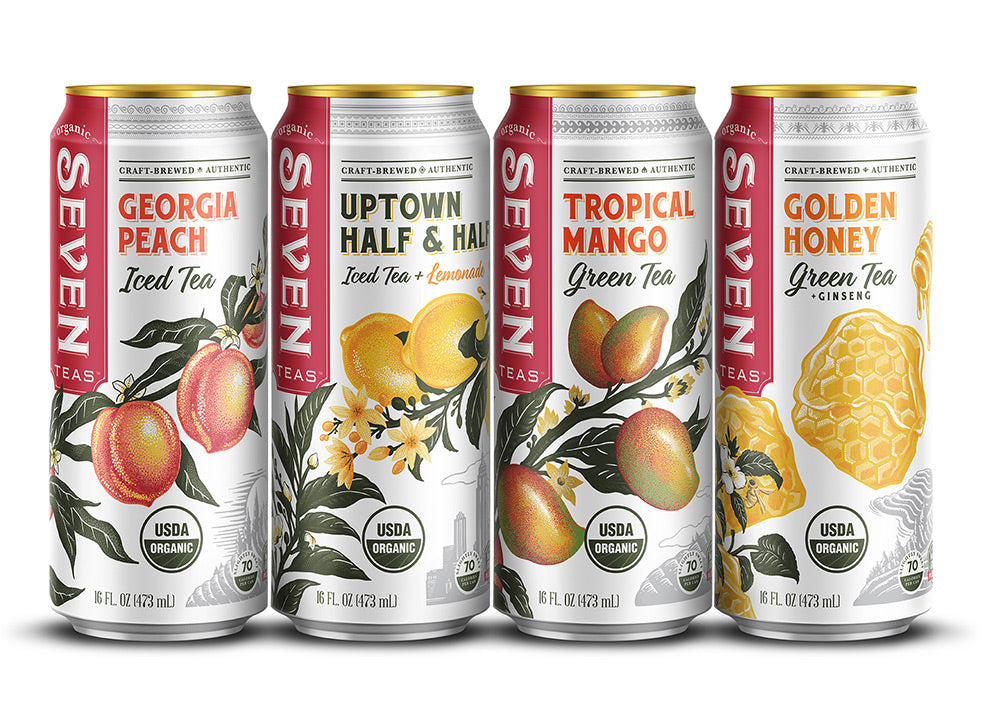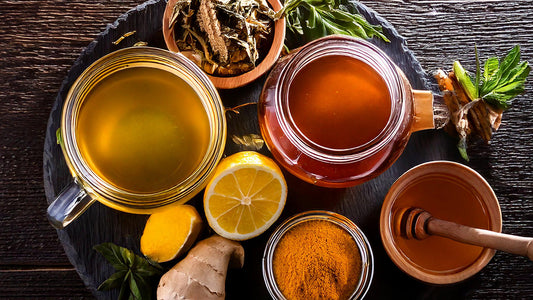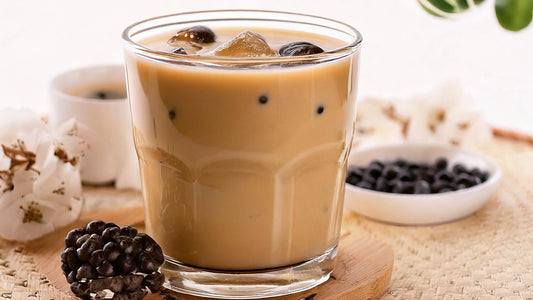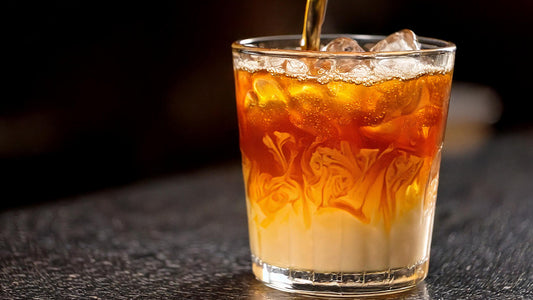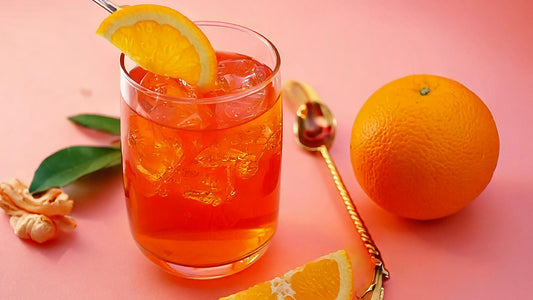Tea has been cherished for centuries, lauded for its array of flavors and numerous health benefits. But what about those who wish to savor a cup without the stimulating effects of caffeine? That's where decaffeination comes into play, a process that extracts caffeine from tea leaves while preserving its flavor profile. Understanding the intricacies of decaffeination sheds light on how we can enjoy tea in various forms suited to our preferences and health needs.
In this light read, you’ll learn the ABCs of decaf tea and why indulging in this hearty beverage is good for your mind and soul. Keep reading ahead to know more!
What is Decaffeination?
Decaffeination is the process of removing caffeine from tea leaves, beans, or other sources. This method is employed to cater to individuals who seek to reduce their caffeine intake without sacrificing the pleasure of their favorite beverages. By extracting caffeine from tea, consumers can enjoy a cup without experiencing the stimulating effects typically associated with caffeinated drinks.

What is Decaf Tea, Then?
Decaf tea is simply tea that has undergone the decaffeination process. While it may seem paradoxical to remove caffeine from a beverage renowned for its stimulating properties, decaf tea offers a solution for those who wish to enjoy tea without the jolt of energy associated with its caffeinated counterpart.
Are All Types of Teas Decaffeinated?
Not all teas are decaffeinated. The majority of teas available on the market are naturally caffeinated to certain degrees. However, through the decaffeination process, most types of tea can be rendered caffeine-free, providing options for individuals with different preferences and health considerations.
Why are Teas Decaffeinated?
Decaf teas are catered to those who prefer to limit their caffeine intake for various reasons. Some may be sensitive to caffeine and experience adverse effects such as insomnia or jitteriness. Others may be advised by healthcare professionals to reduce caffeine consumption due to certain health conditions. Decaffeinated tea offers a solution for these individuals to continue enjoying tea without the potential drawbacks of caffeine.
Benefits of Decaffeinated Teas
Even without the caffeine, sipping on some decaf tea is going to give you benefits in the long run! Here are some of the most commonly known benefits of decaf teas.
Reduced Caffeine Content
Decaffeinated teas offer a way to enjoy the flavors and benefits of tea without the stimulating effects of caffeine. By reducing caffeine content, individuals can still savor the taste and ritual of tea consumption without experiencing the associated side effects such as increased heart rate or restlessness.
Promotes Better Sleep
Consuming decaffeinated tea in the evening can promote better sleep hygiene for those sensitive to caffeine. By eliminating caffeine from their nighttime beverage choice, individuals can unwind and relax without worrying about potential disruptions to their sleep patterns.
Can Help With Weight Management
Decaffeinated teas can be a valuable addition to weight management efforts. Decaf teas can support hydration and satiety without adding excess calories or caffeine-induced cravings by providing a flavorful and low-calorie alternative to sugary beverages.
Better For Those With Stomach Sensitivity Issues
Caffeine can exacerbate stomach sensitivity issues such as acid reflux or gastritis in some individuals. Decaffeinated teas offer a gentler option for those with digestive concerns, allowing them to enjoy the soothing properties of tea without irritating their stomach lining.
Reduces Risk of Chronic Disease
Limiting caffeine intake through decaffeinated teas may reduce the risk of certain chronic diseases associated with excessive caffeine consumption. Conditions such as hypertension, heart disease, and osteoporosis may be influenced by caffeine intake, making decaf tea a healthier alternative for some individuals.
Keeps You Hydrated
Contrary to popular belief, decaffeinated teas still help to add hydration to your system. While caffeine is a mild diuretic, the absence of caffeine in decaf teas means they can hydrate the body just as effectively as plain water, making them a refreshing and beneficial choice for maintaining optimal hydration levels.
How Tea is Decaffeinated
Decaffeination methods differ, but they generally involve extracting caffeine from tea leaves while preserving the flavor compounds that give tea its characteristic taste and aroma. Several techniques are used to achieve this, each with its advantages and considerations.
Solvent-Based Methods
A common decaffeination method involves using solvents such as ethyl acetate or methylene chloride to extract caffeine from tea leaves. The leaves are steamed to open their pores, then rinsed with the solvent to dissolve the caffeine. Once the solvent is removed, it leaves behind decaffeinated tea leaves.
Water-Based Methods
Water-based decaffeination methods involve soaking tea leaves in water to extract caffeine. This process, known as the Swiss Water Process, uses activated charcoal filters to remove caffeine from the water while retaining the flavor compounds. This is considered more natural and environmentally friendly than solvent-based methods.
Ethyl-Acetate Free Methods
Some decaffeination processes use ethyl acetate, a chemical solvent derived from fruits, to remove caffeine from tea leaves. However, ethyl acetate-free methods, such as the carbon dioxide method, offer a cleaner alternative. In this process, carbon dioxide is used to extract caffeine under high pressure, leaving behind decaffeinated tea leaves.
Which Method is the Best?
The "best" decaffeination method is going to vary on environmental considerations, flavor retention, and consumer preferences. While solvent-based methods are efficient, some consumers may prefer water-based or solvent-free methods for their perceived naturalness and minimal environmental impact.
Can You Decaffeinate Tea at Home?
Decaffeinating tea at home is possible but you’d need to have specialized equipment and expertise. DIY methods often involve soaking tea leaves in water or using solvent-based techniques, which may not yield the same results as commercial processes. If you want consistent and reliable decaffeination, it's best to rely on professional methods.
Popular Types of Decaf Tea
Decaffeinated teas come in a variety of flavors and varieties to suit different tastes and preferences. Some popular options include Rooibos, Hibiscus Tea, Thai Ginger Tea, Jasmine Tea, Dandelion Root Tea, Peppermint Tea, and a lot more. Each type has its unique flavor profile and potential health benefits, providing more choices for tea enthusiasts to choose from.
Rooibos Tea
Rooibos tea, also known as the "red bush tea," originates from South Africa and boasts a naturally caffeine-free profile. Its very distinct crimson tone and its rich, earthy flavor make it a beloved choice among tea lovers. Rooibos contains antioxidant properties, which may support heart health and immune function. Additionally, its gentle nature makes it suitable for enjoying any time of day, even before bedtime.
Hibiscus Tea
Vibrant and tart, hibiscus tea offers a refreshing burst of flavor with each sip. Made from the petals of the hibiscus flower, this type of tea is renowned for its tangy taste and vibrant aroma. More than its delightful taste, hibiscus tea is packed with antioxidants and may help lower blood pressure and cholesterol levels. Its natural decaf nature makes it an excellent choice for unwinding after a long day.
Ginger Tea
Infused with the zesty warmth of ginger, ginger tea is a true delight for the senses. It’s appreciated for its digestive benefits and can help with soothing nausea and indigestion. With its invigorating flavor and decaf properties, ginger tea is perfect for revitalizing your spirit any time of day.
Jasmine Tea
Jasmine tea is renowned for its delicate floral aroma and subtle sweetness. Made by infusing green tea leaves with jasmine blossoms, this fragrant brew captivates the senses with its enchanting scent and mellow flavor profile. Beyond its aromatic appeal, jasmine tea offers a host of health benefits, including improved heart health and mental alertness. Whether enjoyed hot or cold, jasmine tea provides a soothing respite from the daily hustle and bustle.
Dandelion Root Tea
Dandelion root tea may surprise you with its robust flavor and myriad health benefits. Crafted from the roasted roots of the dandelion, this brew offers a unique taste reminiscent of coffee. Dandelion root tea is loved for its detoxifying properties, which may support liver health and aid in digestion. With its caffeine-free composition and rich flavor profile, drinking dandelion root tea makes for a satisfying alternative to traditional coffee or tea.
Peppermint Tea
Cool, refreshing, and soothing, peppermint tea is a timeless classic beloved for its strong flavor and digestive benefits. This aromatic brew combines the crispness of peppermint leaves with a hint of sweetness, making it a refreshing beverage that's perfect for any occasion. Peppermint tea is known for its ability to ease indigestion, alleviate headaches, and promote relaxation. Whether enjoyed hot or cold, this caffeine-free brew is a delightful way to unwind and refresh your senses.
The Final Sip
Decaf tea is perfect for those who want to enjoy the taste and health benefits of tea without the stimulating effects of caffeine. Thanks to various decaffeination methods, tea lovers are able to enjoy a wide range of decaf options to suit different preferences and lifestyles. Whether you're looking to reduce caffeine intake, promote better sleep, or simply enjoy a soothing cup of tea, decaf tea offers a flavorful and refreshing choice for tea lovers everywhere.
It’s time for your next brewed tea, here at Seven Teas, we have a wide range of flavorful and refreshing tea options for you to choose from! Our teas are organic, and made sustainably with zero artificial additives. Take a sip today by purchasing online or finding a store near you!
